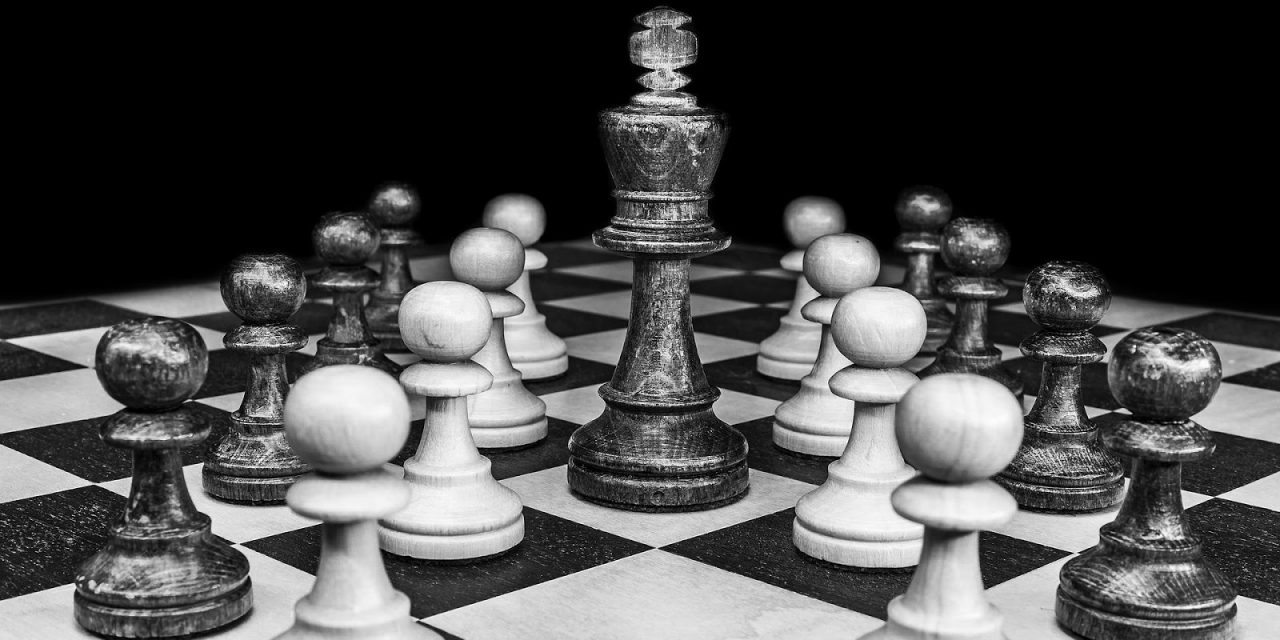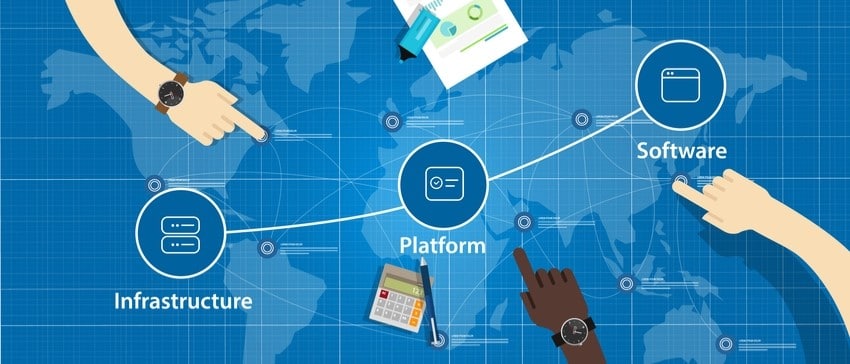Making the leap from tactical to strategic thinking is a game changer in procurement, and game theory could be the difference between winning or losing for your business.
Game theory is the scientific process of mapping, predicting and understanding the symbiotic relationship between the paths of different parties pursuing individual interests in a conflict situation. The theory relies on the fact that both parties are rational decision-makers who can work together towards a common outcome with competitive elements. The parties interact and make decisions based on what they anticipate the other party might do. Economists call this game theory, due to the interesting parallels in strategy games like chess or poker, where second-guessing your opposition can mean winning or losing.
How is game theory applied in procurement?
Game theory can be applied in procurement negotiations to great effect, and the profession certainly understands the benefits since a survey by consultancy firm TWS Partners showed that 94% of procurement professionals understand the power of game theory in sourcing decisions. But only 9% of professionals are actually putting the theory to use.
Game theory isn’t only used in negotiations, it can also be used to structure the buyer-supplier relationship and influence supplier behavior at any stage of the relationship.
Game theory is destined to grow as a concept within the procurement profession with the research showing that 63% of those surveyed think their business will be implementing the theory in the near future.
When used properly, game theory can generate the following benefits for business:
Maximized cost savings
Expertly commanded use of game theory can generate cost savings and add value to deals, but a thorough understanding of the theory and how to utilize it is imperative. It is important to fully embrace the theory and not be cynical about employing it as a sly negotiation tactic, rather an opportunity to really get inside your supplier’s head and think about what makes them tick.
Saved time and resources
The ability to influence behavior and decision-making can be like a magic wand when it comes to condensing the negotiation process. When suppliers are compliant and everyone is acting with the interests of a common goal in mind, the process of deciding contract terms can be reduced so much as to have a huge impact on the time that is taken to bring a product to market. Everyone wins.
Increased efficiency
Game theory is a valuable strategic sourcing tool that can result in a truly fair and open sourcing process. Practices like reverse auctions truly embrace game theory and can be a transparent, open forum to manage the bid process fairly and with equal opportunities for all.
Recognition as a strategic business function
As procurement is undergoing a metamorphosis within the wider business landscape and is being recognized more frequently as a vital part of all business models, delivering opportunities for innovation and true strategic thinking within the role can only serve to raise the profile of procurement professionals.
Evolving beyond cost-based goals
Game theory encourages multi-factorial, big-picture thinking when it comes to negotiating terms and influencing decisions. The idea is, of course, to elicit concessions from suppliers but not at the expense of the relationship or the bigger picture. Your organization’s margins are not all that matters, and long-term, mutually beneficial, collaborative buyer-supplier relationships should be the goal that everyone is working towards.
ProcurePort provides state of the art reverse auction software that can help your organization use game theory to achieve cost savings, achieve added value and simplify your big management process. Register for a FREE demo or contact us today for your strategic sourcing requirements.










